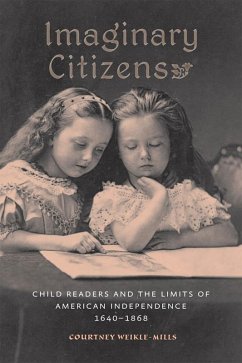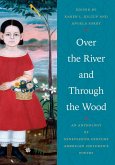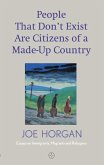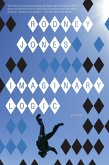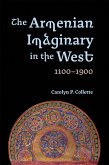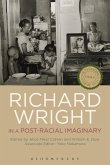How did Ichabod Crane and other characters from children's literature shape the ideal of American citizenship?2015 Honor Book Award, Children's Literature AssociationFrom the colonial period to the end of the Civil War, children's books taught young Americans how to be good citizens and gave them the freedom, autonomy, and possibility to imagine themselves as such, despite the actual limitations of the law concerning child citizenship. Imaginary Citizens argues that the origin and evolution of the concept of citizenship in the United States centrally involved struggles over the meaning and boundaries of childhood. Children were thought of as more than witnesses to American history and governance-they were representatives of "e;the people"e; in general. Early on, the parent-child relationship was used as an analogy for the relationship between England and America, and later, the president was equated to a father and the people to his children. There was a backlash, however. In order to contest the patriarchal idea that all individuals owed childlike submission to their rulers, Americans looked to new theories of human development that limited political responsibility to those with a mature ability to reason. Yet Americans also based their concept of citizenship on the idea that all people are free and accountable at every age. Courtney Weikle-Mills discusses such characters as Goody Two-Shoes, Ichabod Crane, and Tom Sawyer in terms of how they reflect these conflicting ideals.
Dieser Download kann aus rechtlichen Gründen nur mit Rechnungsadresse in A, B, BG, CY, CZ, D, DK, EW, E, FIN, F, GR, HR, H, IRL, I, LT, L, LR, M, NL, PL, P, R, S, SLO, SK ausgeliefert werden.

